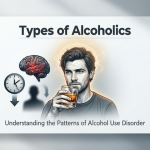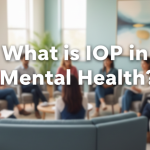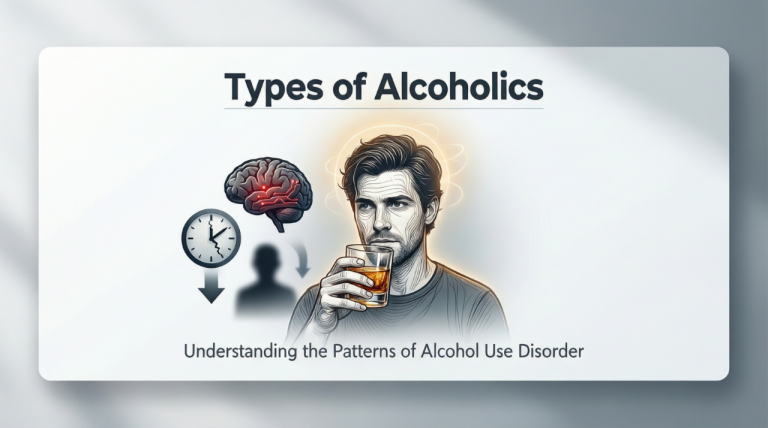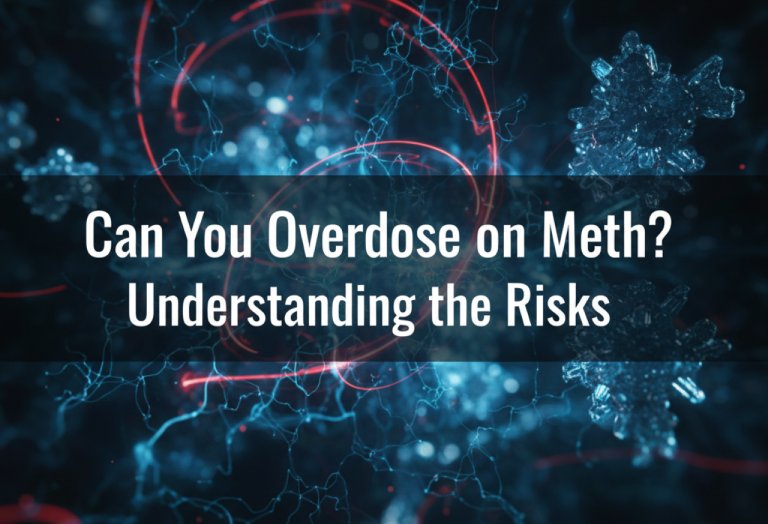Cognitive restructuring is an effective strategy used in cognitive behavioral therapy (CBT) to confront and change unfavorable thought patterns. It is founded on the premise that our ideas, emotions, and behaviors are inextricably linked. By recognizing and correcting problematic thinking patterns, we may enhance our emotional well-being and general functioning.
That is the power of cognitive restructuring, a fundamental approach in Cognitive Behavioral Therapy (CBT). In this beginner-friendly introduction, we’ll look at what cognitive restructuring is, how it works, and how you can control your thinking patterns.
What is Cognitive Restructuring?
Cognitive restructuring involves detecting, confronting, and replacing negative or unhelpful concepts with more realistic and balanced ones. Our thoughts are not factual; they are interpretations. We can get more useful views by reviewing the facts for and against our unfavorable ideas.
The Interconnection of Thoughts, Feelings, and Behaviors
At the core of cognitive behavioral therapy (CBT) is the understanding that our thoughts, emotions, and behaviors are interconnected and constantly influence each other. Think of them as puzzle pieces that combine to depict your mental state and actions.
A core principle of CBT is that our thoughts can greatly impact our emotions and actions. Despite having numerous thoughts daily, we rarely stop to assess their accuracy or helpfulness. CBT assists us in recognizing our cognitive patterns and spotting any erroneous, unbalanced, or detrimental thought patterns.
Why is Cognitive Restructuring Important?
Our thoughts have a huge impact on our emotions and conduct. Negative thoughts can cause anxiety, sadness, and low self-esteem. By changing these ideas, we can boost our emotional well-being and resilience.
Our ideas, feelings, and behaviors are all intertwined. When we become trapped in negative thinking cycles, it can lead to bad feelings and unproductive behavior. For example, someone suffering from social anxiety may believe that “everyone will judge me if I make a mistake during my presentation,” resulting in significant anxiety and avoidance of public speaking opportunities.
How Does Cognitive Restructuring Work?
Identify the Trigger: Pay attention to circumstances that elicit unpleasant feelings. What happened? How did it make you feel?
Catch the Negative Thought: Take note of the self-talk that runs through your thoughts. What do you tell yourself about the situation?
Challenge the Thought: Is this idea correct? Are there any alternative ways to analyze the situation?
Gather Evidence: Look for facts to support and disprove the negative opinion.
Develop a More Balanced Thought: Create a more realistic and useful alternative notion.
Cognitive restructuring allows you to progressively reprogram your brain to think objectively and feel better emotionally.
Examples of Cognitive Restructuring
Situation: You did not receive the job you interviewed for.
Negative Thought: I am a failure. I will never get a good job.
Challenge: Is that true? Just because I didn’t receive this particular job doesn’t mean I’m unqualified.
Evidence for Negative Thought: This was a competitive post, and there were several eligible applicants.
Evidence Against Negative Thought: I have a solid résumé and excellent interviewing skills. I’ve previously had offers for other jobs.
More Balanced Thought: This is disappointing, but it does not define me. I’ll learn from this experience and continue to apply for positions that are a good match.
Remember: Cognitive restructuring requires practice. Be patient with yourself and applaud your accomplishments.
Benefits of Cognitive Restructuring:
- Reduced anxiety and sadness.
- Increased self-esteem and confidence
- Improved resilience and coping skills
- Enhanced emotional management
Additional Tips
Journaling: Writing down your thoughts and feelings might help you see trends and combat negativity.
Focus on Facts: Ground yourself in objective evidence rather than emotional interpretations.
Positive Self-Talk: Actively challenging negative ideas and replacing them with positive self-affirmations.
Seek Professional Help: A therapist can help you through the cognitive restructuring process while also addressing underlying emotional difficulties.
Cognitive restructuring is an effective strategy for taking control of your mental health. By confronting negative beliefs and adopting a more balanced viewpoint, you may increase your emotional resilience and manage life’s problems more confidently.

Seeking Professional Help:
Cognitive behavioral therapy (CBT) is an effective approach to improving mental health. It enables us to become more conscious of our ideas, comprehend how they impact our emotions and behaviors, and create good changes in our lives. Whether you are coping with particular mental health issues or just wish to improve your overall well-being, CBT can help.
If you’re struggling with persistent negative thoughts or emotional distress, consider seeking professional help from a CBT therapist at Orlando Treatment Solutions in Orlando, Florida, or call us at (321) 415-3213 to learn more about CBT and cognitive restructuring.



























